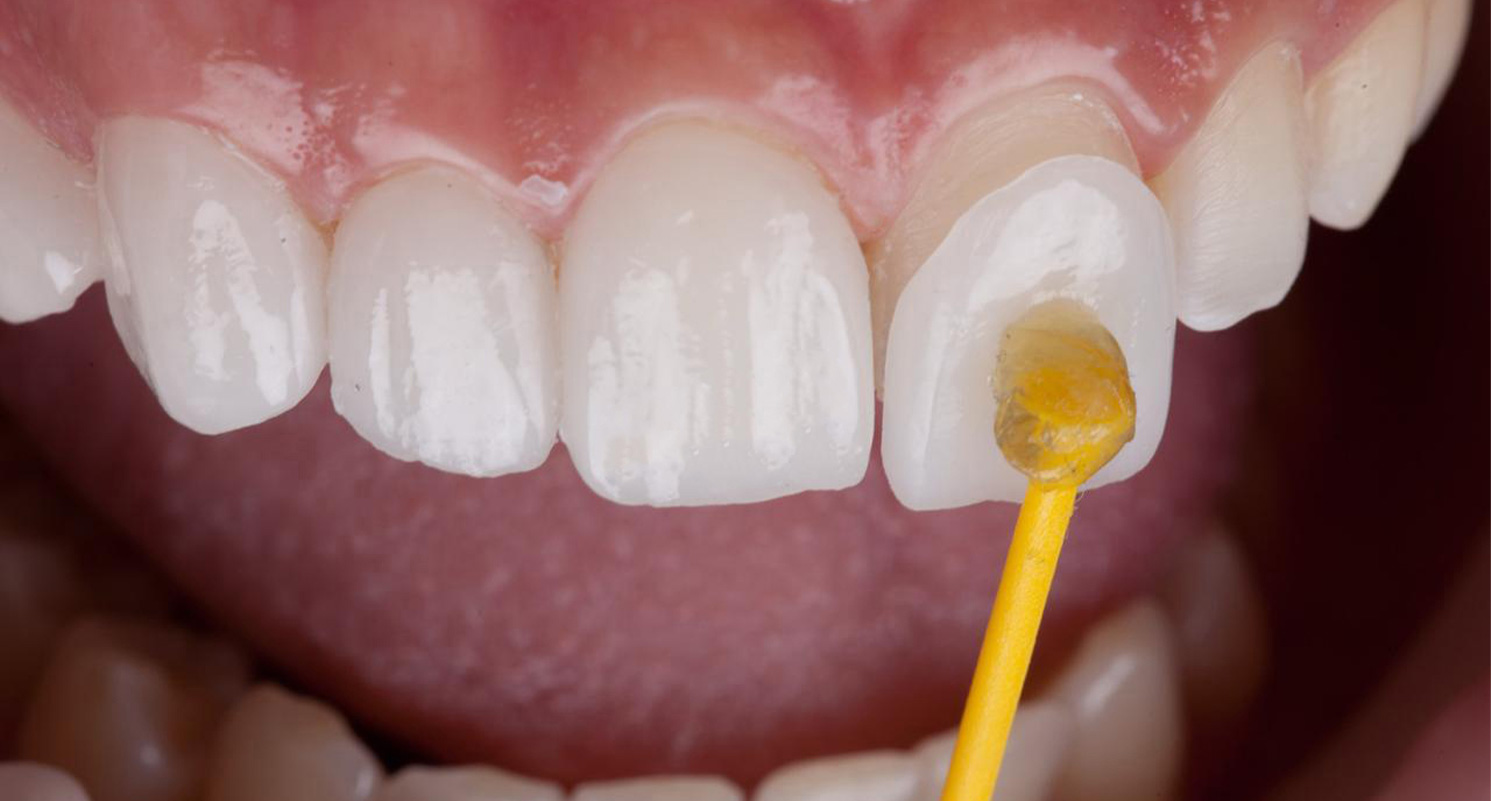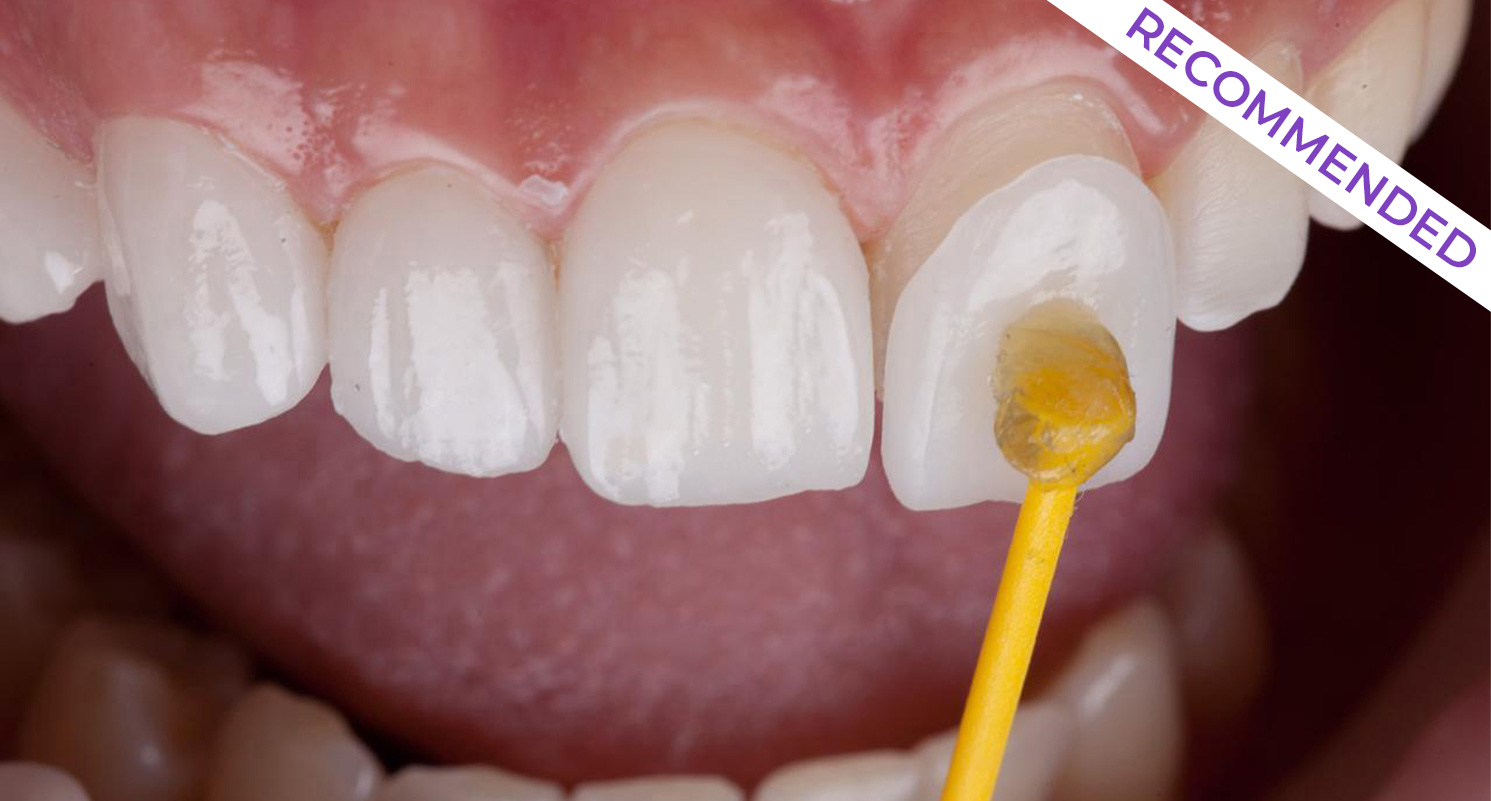The Price of
Veneers Bangkok
Price start from 4000 THB


Composite Veneers
- Best For
Quick, affordable smile enhancement - Procedure Time
Same day (1 visit) - Invasiveness
Minimally invasive - Coverage
Front surface only - Durability
5 to 7 years - Aesthetic Quality
Very good - Stain resistance
Moderate - Customisation
Sculpted directly by dentist
4,000THB/tooth
(All included)

Porcelain Veneers
- Best For
Natural, long lasting aesthetic transformation - Procedure Time
7 days (lab made) - Invasiveness
Minimal to moderate enamel removal - Coverage
Front surface only - Durability
10 to 15+ years - Aesthetic Quality
Superior, closest to natural enamel - Stain resistance
Very high - Customisation
Custom made in lab
12,000THB/tooth
(All included)

Crowns
- Best For
Damaged, weakened or restored teeth - Procedure Time
7 to 10 days (lab made) - Invasiveness
Significant reduction, full coverage - Coverage
Entire tooth (360 degrees) - Durability
10 to 20+ years - Aesthetic Quality
Excellent (ceramic or zirconia) - Stain resistance
Very high - Customisation
Custom made in lab
9,000THB/tooth
(All included)
Comparison Price With Other Countries
| Country | Composite Veneer |
Porcelain Veneer |
Crown |
|---|---|---|---|
| Thailand | 120 USD | 370 USD | 350 to 450 USD |
| USA | 600 USD | 1600 USD | 1200 to 1800 USD |
| UK | 500 USD | 1400 USD | 900 to 1400 USD |
| France | 490 USD | 1300 USD | 700 to 1100 USD |
| Australia | 465 USD | 1200 USD | 900 to 1500 USD |
Let our clients reviews do the talking!

K. Took

“I recently got porcelain veneers at this clinic, and the results are amazing! The staff was incredibly professional, and the process was smooth from start to finish. I can’t stop smiling!”

Mr. Lee

“Getting composite veneers was a big decision for me, but I’m glad I chose this clinic. The results are beyond my expectations, and the care I received was top-notch. Thank you!”

Mr. Thomas

“I am so happy with my new smile thanks to the porcelain veneers I received here. The entire team made me feel comfortable and well-informed throughout the procedure. Highly recommend!”
Book your FREE consultation at Dental Veneer Bangkok
Fill out the form and we will call you back to schedule an appointment.

FAQs
Frequently Asked Questions
Learn more about how can enjoy a whiter, brighter smile with a visit to Dental Veneer Bangkok!
Dental veneers are thin, custom-made shells designed to cover the front surface of teeth to improve their appearance. They are made from porcelain or resin composite materials and are bonded to your teeth to change their color, shape, size, or length.
With proper care, dental veneers can last between 10 to 15 years. Their longevity depends on the type of veneers used, your oral hygiene practices, and avoiding habits that may damage them, such as biting hard objects.
The procedure for getting dental veneers is usually painless. However, some patients may experience minor discomfort during the tooth preparation phase, where a small amount of enamel is removed. Local anesthesia can be used to minimize any discomfort.The procedure for getting dental veneers is usually painless. However, some patients may experience minor discomfort during the tooth preparation phase, where a small amount of enamel is removed. Local anesthesia can be used to minimize any discomfort.
Yes, you can eat most foods with dental veneers. However, it’s advisable to avoid very hard or sticky foods that could potentially damage the veneers. Foods like hard candies, ice, and tough meats should be consumed with caution. Maintaining a balanced diet and avoiding habits like nail-biting or chewing on non-food items will help preserve the longevity of your veneers.
While dental veneers are durable, they can sometimes chip, crack, or fall off if subjected to excessive force or pressure. It’s essential to avoid biting hard objects and to follow your dentist’s recommendations for care. If a veneer does become damaged or detached, it can often be repaired or replaced by your dentist.
Caring for dental veneers involves maintaining good oral hygiene practices, such as brushing twice a day, flossing daily, and visiting your dentist regularly for check-ups and cleanings. Additionally, avoid habits that can damage your veneers, such as using your teeth to open packages or biting your nails.
